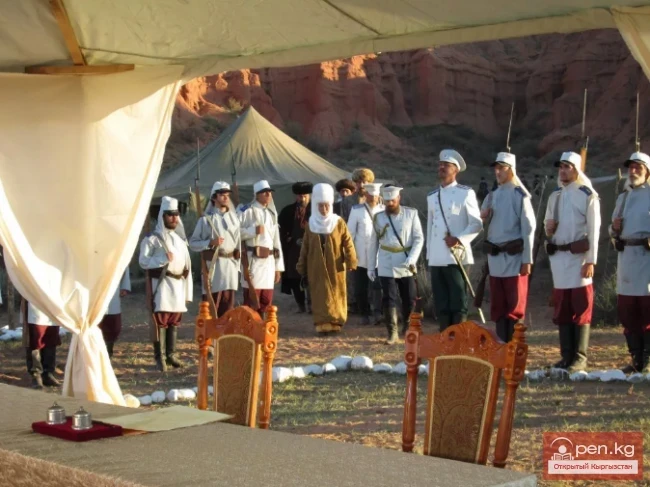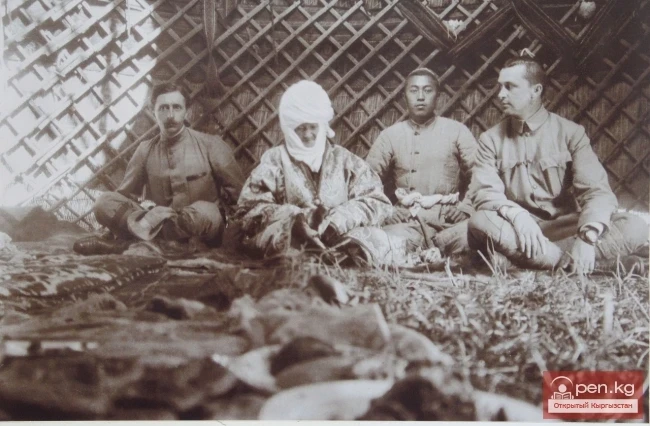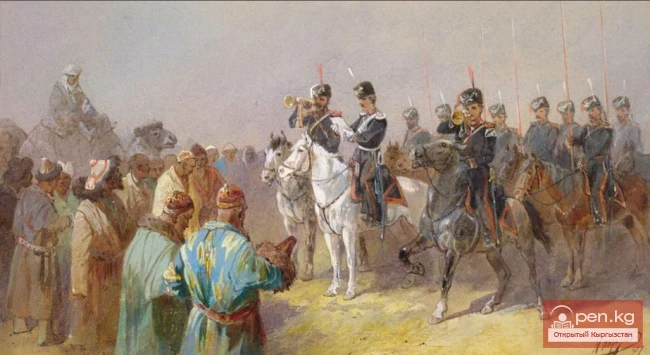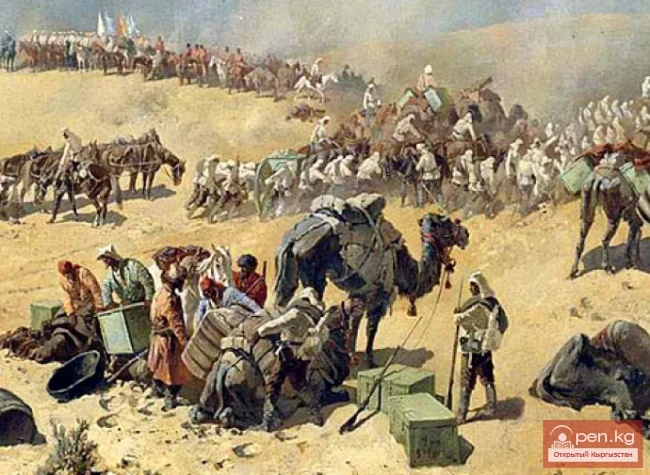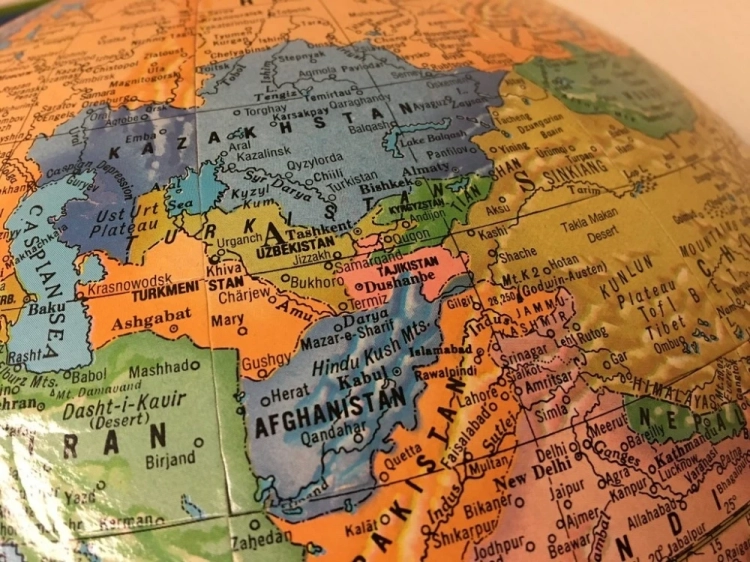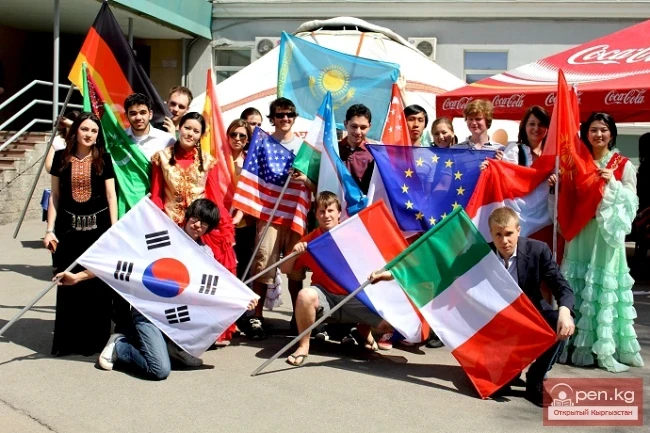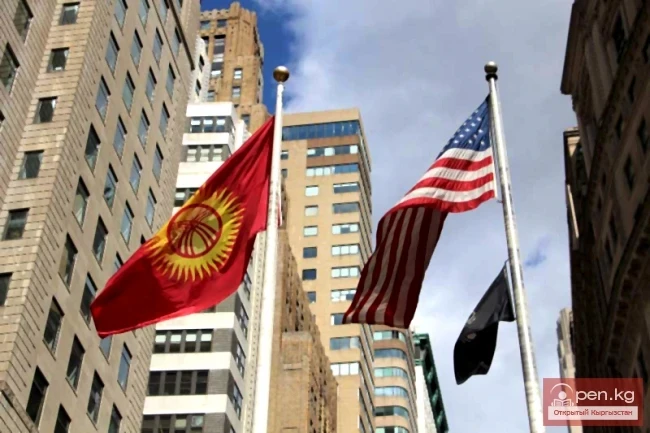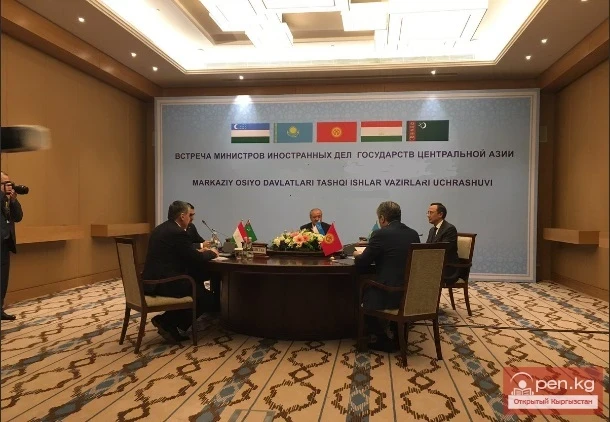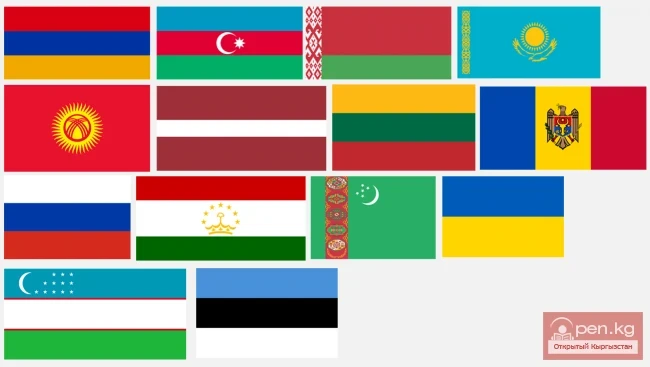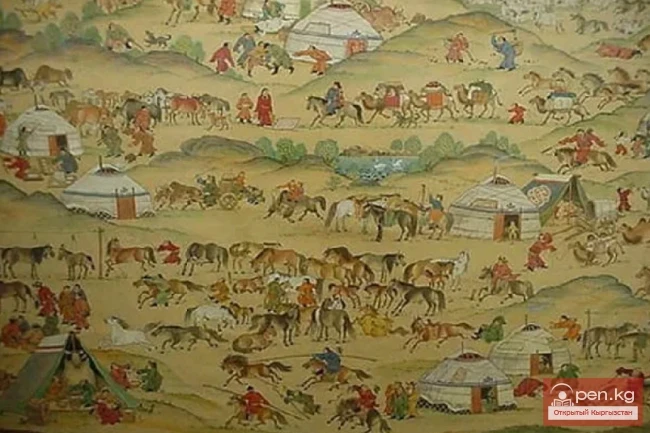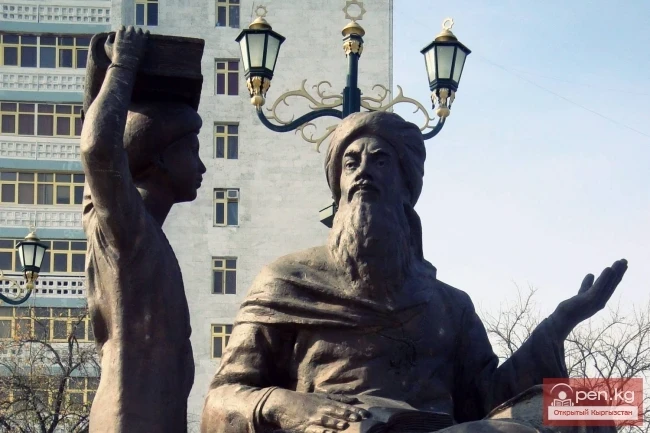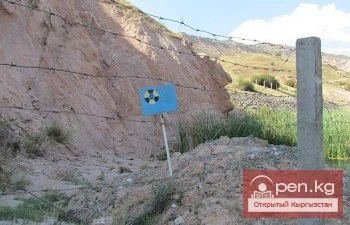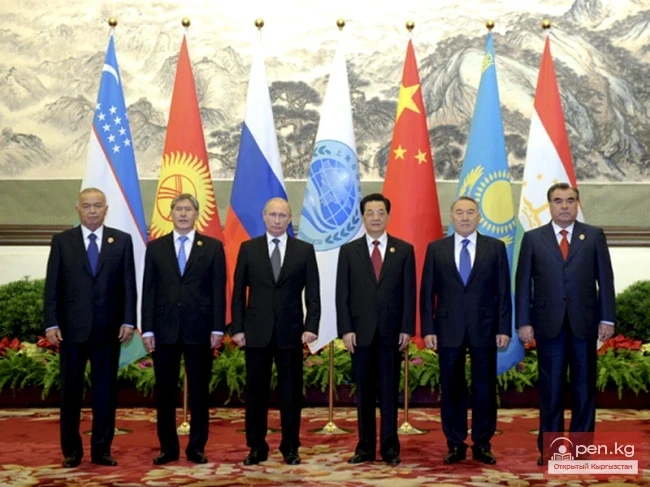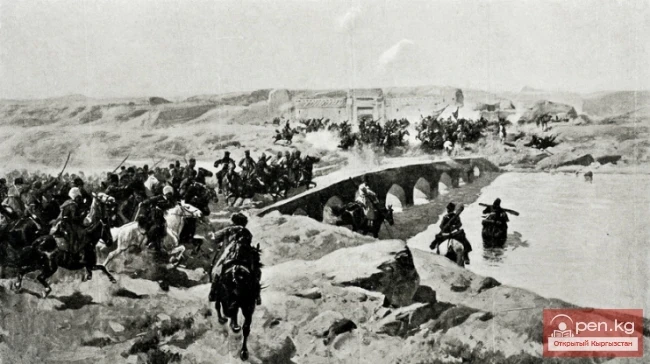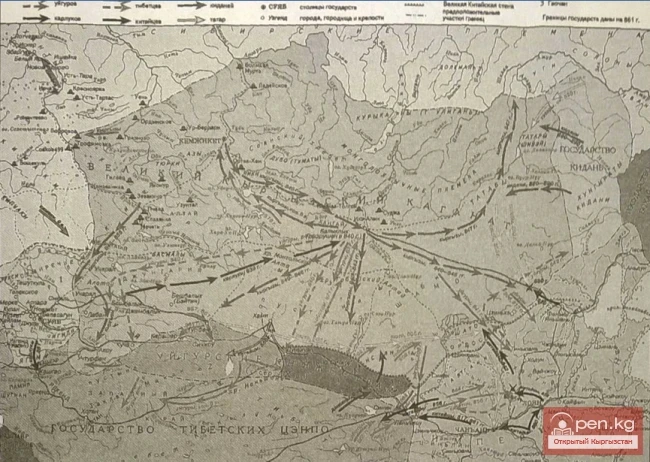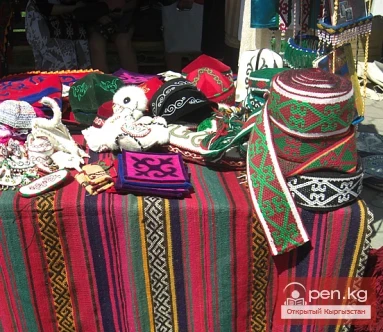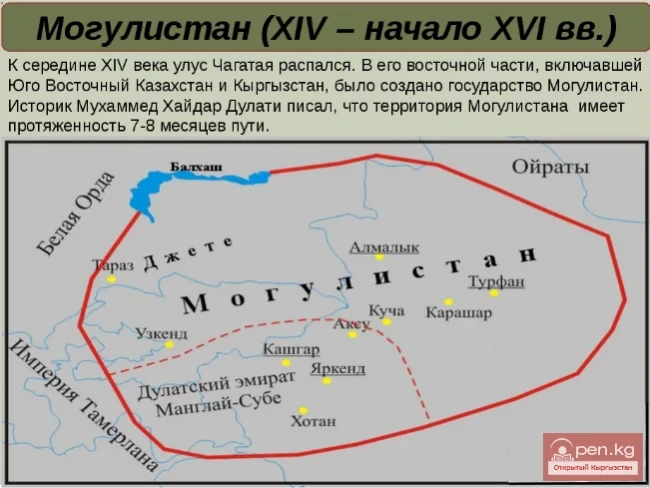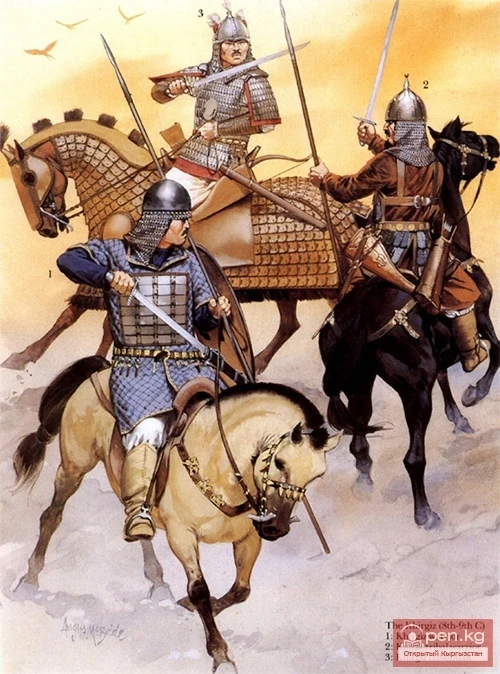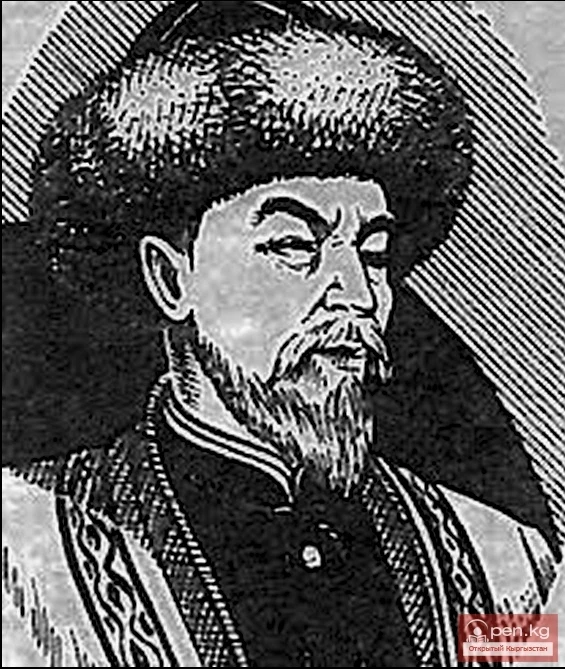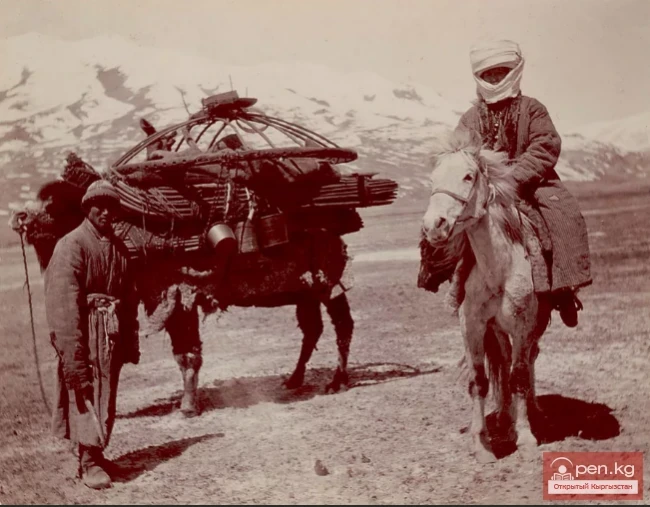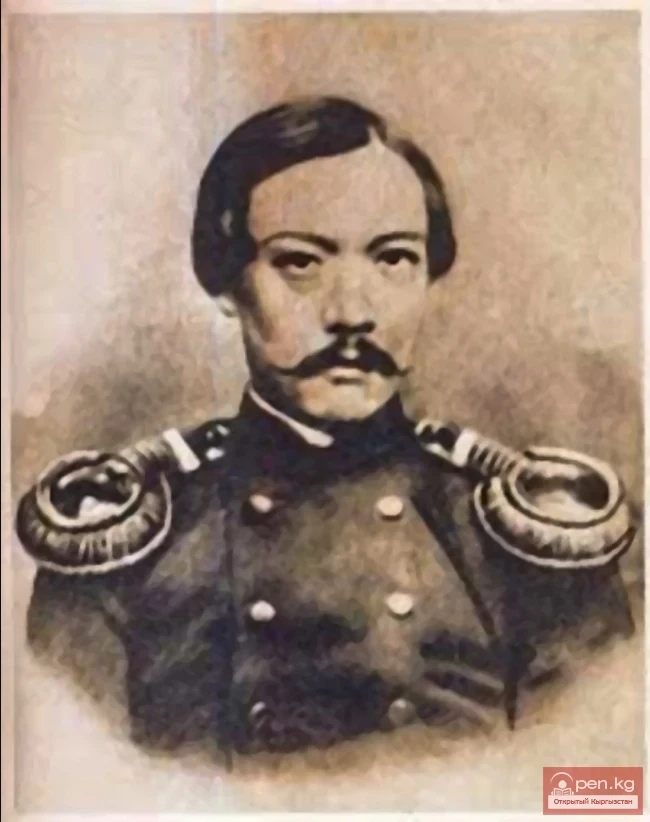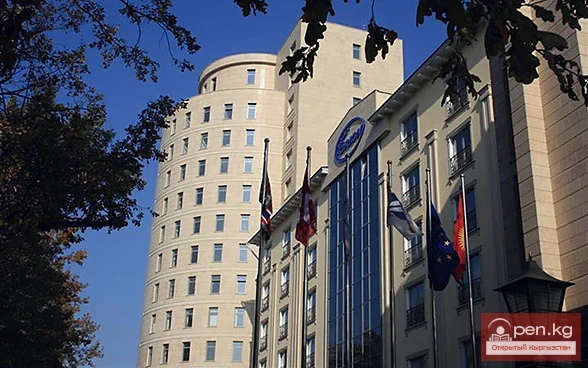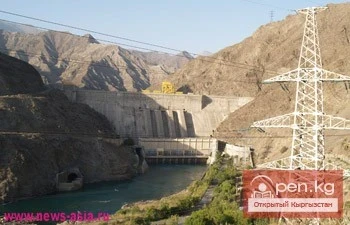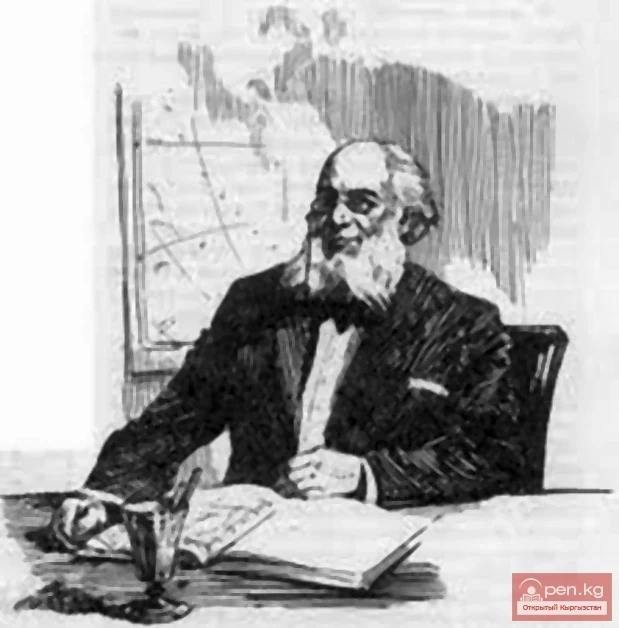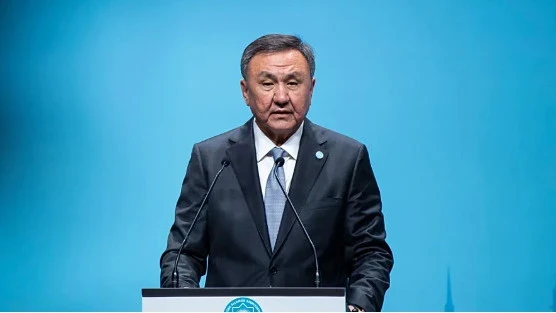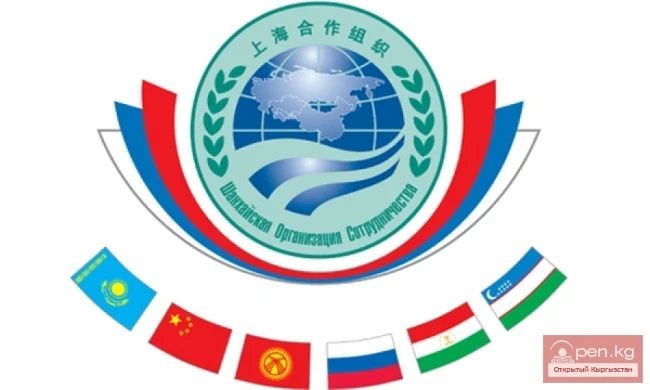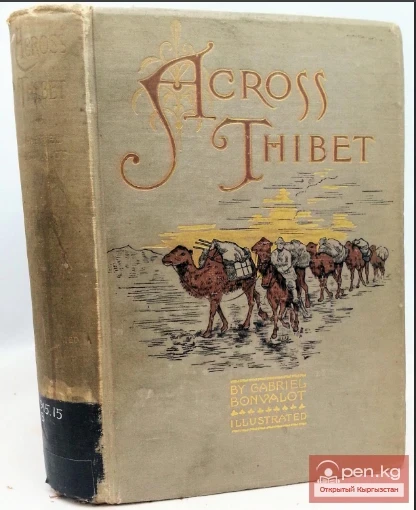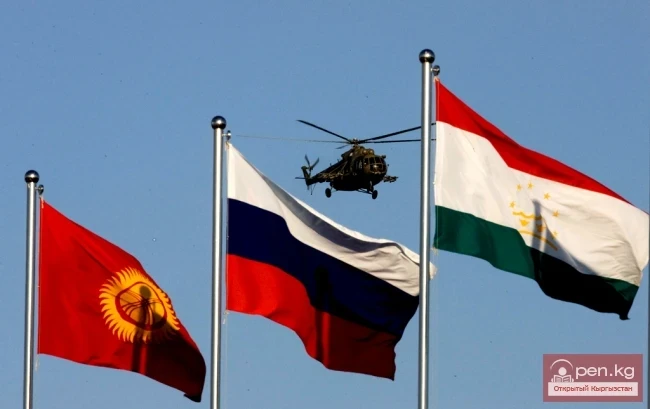Geopolitical Relations Between the Russian Empire and Central Asia
It is characteristic that the wider Britain's penetration into Central Asia became, the more intensively the states of the region established diplomatic contacts with Russia. Thus, in 1841, the Khivan embassy of Ishniyaz Mamentniyazov was received in Orenburg, and in 1842, in St. Petersburg - Vaysbai Niyazov and Ishbay Babaev. In 1846, Klychmiyaz-bai Niyazmukhammedov and Shukurulla-bai Miskinov visited the Russian capital, in 1849 - the Bukhara envoy Khoja Mirza Khayrulla Khismatullin, and in January 1850 - the Khivan embassy of Khoja-mehram Allaberdiev and Vaysbai Niyazov. In April 1852, Shukurulla-bai Miskinov, who had previously visited the Russian capital, came to Orenburg on a working visit. On July 20, 1857, the Khivan envoy Sheikh-ul-Islam Fazyl arrived there, and in September he was in Petersburg. In November 1857, the Bukhara embassy headed by mirakhur Mulladjan Ashurjanov was in Petersburg, and at the end of January 1859 - Najmetdin-Khodja. The frequency of diplomatic missions being dispatched to the Russian capital, as well as the close alternation of Khivan and Bukhara embassies, reminiscent of the open rivalry between these two states, eloquently testified to the complex processes occurring within the geopolitical relations between Russia and Central Asia. The Russian Empire sought to minimize the negative consequences of British policy in Central Asia, achieve a de-escalation of tensions in the region, and prevent the collapse of traditional ties.
However, the manifestation of loyalty by Yakub-bek was, in fact, nothing more than a tactical move. The plan of the Kashgar ruler was to unite as many states and territories under his leadership as possible in order to create a vast state. Furthermore, by exploiting the contradictions between Russia, England, and China, Kashgar aimed to achieve an independent and autonomous status in Central Asia. Unlike the medieval backward thinking of the khans and emirs of Khiva, Bukhara, and Kokand, who essentially paid no attention to international relations, considering treaties merely as a means to buy time and not binding, since the fundamental factor they believed should be taken into account was the use of brute force, Yakub-bek thought in a much more modern way, clearly understanding that it was necessary to reckon with the real power represented by Russia and England in this region. Therefore, he persistently and purposefully sought recognition from them. Moreover, diplomacy provided time to subordinate other states in one way or another and thereby significantly improve his negotiating position with Russia and England, as well as in future confrontations with China.
Apparently, Yakub-bek planned to bring the Kokand Khanate under his control as well. By 1866-1867, he had pushed the border to Uksalar, and then to Ulugchat, where fortifications were built. Later, the Kokand fortifications of Nagrichaldy, Yechin, and Irkeshtam were occupied, the latter being located 180 versts from Kashgar, although the original border passed 88 versts away; advanced outposts of the Kashgarians appeared in the fortifications of Nura and Oytal, which were the gates to the Fergana Valley. In addition, Sarykol on the Pamir, which had previously belonged to Kokand, was annexed. Thus, a clear trend of gradual absorption of the remnants of the Kokand Khanate by Yakub-bek emerged.
The events of those years in Xinjiang worried the Russian Empire. However, it did not take active measures to stabilize the situation. According to the Orientalist V.A. Moiseyev, "the Ministry of Foreign Affairs represented by D.M. Gorchakov and the Ministry of War represented by D.A. Milyutin categorically opposed the intervention of the Russian Empire in the events in Xinjiang." Relations with Kashgar became complicated in June 1871 when the empire occupied the Taranchin Sultanate, which Yakub-bek had his eyes on. As a result, he incited the Kokand ruler Khudoyar-khan to sever trade relations with the Russians and, in alliance with him, to put an end to "Russian power in Central Asia." At the same time, the Kashgarian insisted on the necessity of anti-Russian military actions, referring to the "miserable" condition of Muslims suffering under the oppression of the "infidels."
Receiving a refusal from Khudoyar-khan and knowing about Kaufman's proposals, Yakub-bek sought to ease the situation by concluding an equal trade agreement with Russia, which was signed on June 10, 1872. In 1873, Turab-khodja was sent to St. Petersburg with the same goal - to achieve international recognition for Kashgar, but this time the Russian government refused to discuss the issue of recognizing Yakub-bek and the borders, as the Kashgarians insisted that they should pass along the Naryn River. The failure of the negotiations, as well as the arrival of Forsythe in Kashgar on December 11, 1873, who concluded an agreement with Yakub-bek on February 12, 1874, regarding his recognition by England, led to the return of the anti-Russian policy of the Kashgar ruler. He again began to obstruct Russian trade.
Subsequently, the intensity of relations between Russia and Kashgar noticeably decreased, as the main attention of the Turkestan authorities shifted to the events in the Kokand Khanate from 1873 to 1876, and Yakub-bek faced another important task - to repel the advance of Chinese troops. The final chord of Russian-Kashgar relations was the trip of Kuropatkin to Kashgar in early 1877, when he managed to negotiate with Yakub-bek about the transfer of several Zaalai territories and fortifications to Russia, but the soon-following death of Yakub-bek and the destruction of his state by the Chinese put an end to the rather interesting relations between the two states.
In addition to Yakub-bek's state, two other new state formations bordered Russia - the Kalmyk possession centered in Chuguchak and the Taranchin Sultanate centered in Kuldja. While there were only problems with the first in 1865-1867, when the Kalmyks crossed the border several times and robbed Russian subjects among the Kazakhs, the second represented a significant epicenter of destabilization in the region.
The subsequent analysis of events by historians unequivocally indicates that, in advancing its borders southward, Russia was primarily guided by the desire to stabilize the situation in the region and strengthen its borders, neutralizing opponents whenever possible. To this end, the leadership of the empire took at least three steps. First, it eliminated the danger of exacerbating relations with China.
The preventive measures of Russian politicians in this direction were based on two hundred years of experience in relations with Beijing, which had repeatedly shown an openly unfriendly position. In addition, in relations with new states, the Russians were guided by considerations of the safety of their subjects - the Kazakhs and Kyrgyz. Finally, the third and most important step of the empire was the intention to bring Kashgar under its control - either through Kokand or directly.
Thus, Russian expansion in Central Asia did not aim solely at the colonization of the region. This could not be said about Russia's main rival in this region - Britain.
The latter pursued exclusively conquest plans, which, of course, could not be overlooked by the then leaders of the Central Asian peoples when deciding which of the opposing parties to join.
The following decades, especially the events of the 20th century, proved the correctness of the choice made by the Kyrgyz, who had staked on the Russians in the previous century. The wisdom and foresight of the decision made by the Kyrgyz tribal leaders, including Kurmandjan Datka, are evidenced by at least three circumstances. First, under the protection of the "White Tsar," the Kyrgyz were able to preserve their national identity, which would have been quite problematic under different circumstances. Furthermore, the subsequent years of Soviet power became a period of unprecedented cultural and economic progress for the people in its entire history. Finally, the inevitable outcome of relations with Russia was the greatest event for the Kyrgyz - the acquisition of state sovereignty. In this, there is a certain contribution from the Alai Queen, who at one time rejected British patronage in favor of the Russians.
The Struggle of the Russian Empire and Britain for Central Asia
